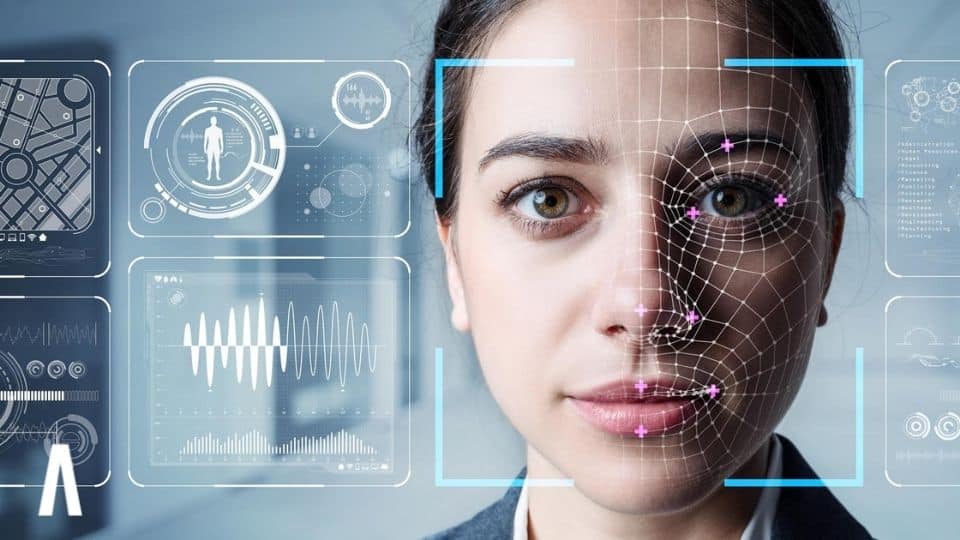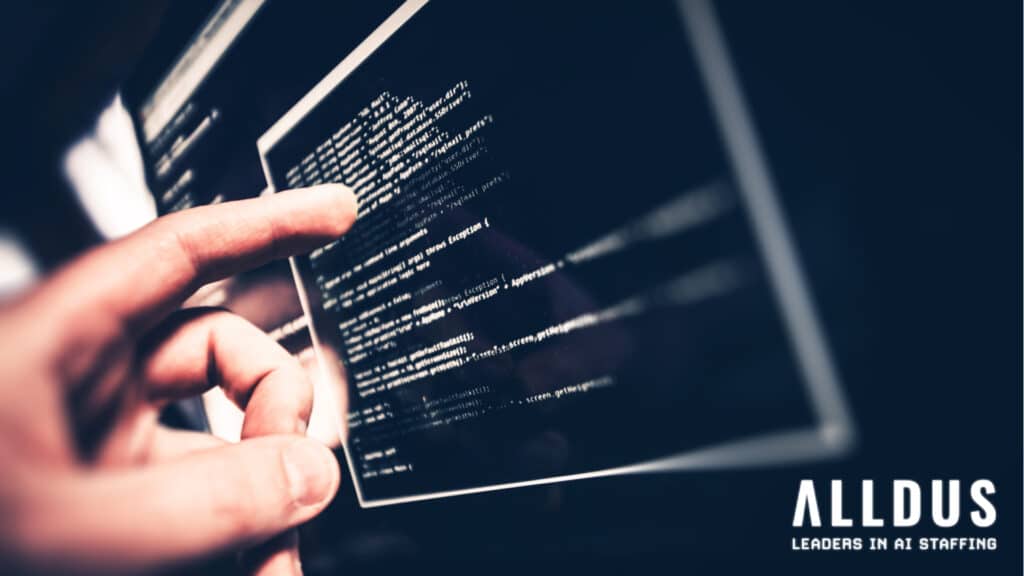Unlocking the potential of Data in Healthcare
Blog | January 28 2021 | Alldus Recruitment
In the 2020 LinkedIn Emerging jobs report, Data Science was once again identified as a key mover, continuing a trend that has lasted for several years now.
The hiring rate for Data Engineers has increased by 35% since 2015 in the US alone. While a significant number of these hires are replacing legacy roles, it was found that many professionals are being brought in to augment traditionally human-driven processes.
Due to its heavy reliance on Data accrued from clinical trials, Electronic Medical Records and more recently wearable health, it is perhaps unsurprising that some of the most exciting potential applications of Data Science exist in the Healthcare sector.
It was estimated that the sector would accumulate 2,314 Exabytes of new data in 2020 alone. To put that into perspective, if you started recording a video call right now, it would take over 237,000 years to record a single Exabyte of Data!
Intuitively, it may seem that access to such vast amounts of Data is a good thing. However, it has traditionally represented a serious issue in the industry, primarily how to unlock it and gain insights.
GE Healthcare estimate that around 90% of all Patient Data comes from Medical Imaging (X-Rays, MRI’s etc.) However, somewhat paradoxically, 97% of this data goes either unused or un-analyzed.
In our recent AI in Action Podcast, Michael Schrapp of Siemens Healthineers alluded to this:
“A real challenge for Business Intelligence is bringing all the different data together, streamlining it and telling a story”
Johns Hopkins estimate that in the US alone, 250,000 patients die annually from Diagnostic errors, typically not down to physician error but rather poor integration of Health Information Technologies. However, this is something Machine Learning programs are already beginning to rectify.
Building on a deep learning algorithm developed by Google for image classification, researchers at Stanford University trained a program to identify cancerous moles, by feeding it 129,450 images from their database. The result was successful diagnoses on par with trained Dermatologists at a much faster rate.
The aim of the algorithm is not to replace Doctors, but to offer a cheaper option for early screening, allowing medical professionals to focus their efforts on patients who most require their care. When detected early, the survival rate for melanoma is 97%, highlighting just how crucial such programs can be.



A further example of Data Science revolutionizing the field of Oncology is Behold AI’s deep learning algorithm Red Dot, which correctly identified the presence and location of cancer in 10 out of 11 patients.
After processing a sample of chest X-rays over a 2-week period. The result is the program can identify tumours on parity with Physicians, dropping the error rate of breast cancer diagnoses by 85%.
At Alldus, we were fortunate enough to hear first-hand how these applications are changing the face of Healthcare when we sat down with Angeli Moeller of Bayer Pharmaceuticals to discuss how their AI program is helping to identify patients with specific genetic mutations.
“If you have lung cancer and you come into your doctor’s office, he now needs to identify exactly the right treatment for you. If you have the enteric gene fusion, you’re only 1 out 100 patients he’s seeing with that, how is he going to identify you’re a patient with that mutation? What we do is look across imaging data associated with this patient and also their historical medical data to identify, and make a prediction about which patients have this mutation.”
The work Pharmaceutical companies like Bayer are doing is vital, not only with regards to tapping into vast amounts of medical data and gaining actionable insights but also in reducing the strain on often overworked medical professionals.
And it’s not just Health Data Science companies that are looking to solve the issue of untapped Data in the industry. Microsoft researchers are utilising Machine Learning and Natural Language Processing to identify patient-specific Cancer treatments. One Senior Researcher believes the problem of cancer will be solved in our lifetime through the marriage of Data Science and Healthcare.
At its core, Health Data Science aims to leverage vast amounts of disparate, untapped information to transform how healthcare is practised through early diagnosis, drug discovery and personalised care. Angeli Moeller perhaps put it best with the following statement:
“We need to have a deeper understanding of an individual’s biology and treatment options. What will really benefit them? What does their disease look like? So they no longer an average, but they become an individual patient.”
The above examples represent just some of the ways Data Science is helping to unlock the treasure trove of medical data at our fingertips. We are already seeing life-saving results from many of these applications and it’s exciting to see what the future holds for AI in the Healthcare industry.
At Alldus International our Consultants have seen first-hand the great strides being made in the Healthcare and Medical Device sector, working with some of the industry’s biggest names and most innovative start-ups. If you’re looking for your next career move and want to learn more about the applications of Data Science in the Healthcare sector, upload your Resume today and arrange a call with one of our expert Consultants.
share
related articles
Women in AI: Bridging the Gap
Despite huge advancements in AI research, the field still lags in another key area of societal progress, gender equality. With women accounting for just 22% of professionals in the field, we examine the steps needed to address this inequality and how it would also benefit the technologies themselves
Why SQL is the base knowledge for data science
As a programming language, It's a simple skill to learn, but a very valuable one. A walk in the park compared to Python or R.
Why NLP is the future of E-Commerce
There are great benefits to using NLP in eCommerce. The world of business would be greatly benefited from in-depth insights that are controlled by AI. It will help in increasing customer satisfaction rates, improve the revenue curve & ultimately transform the future of business operations.




